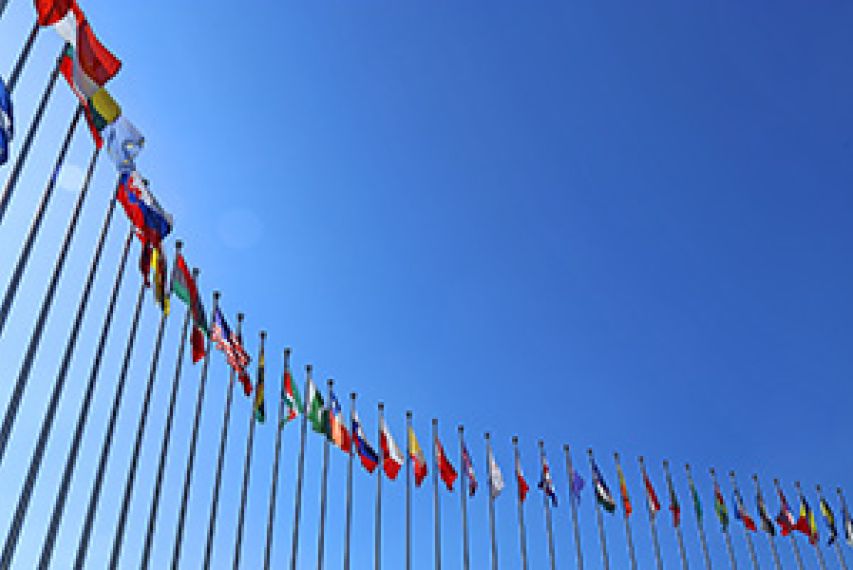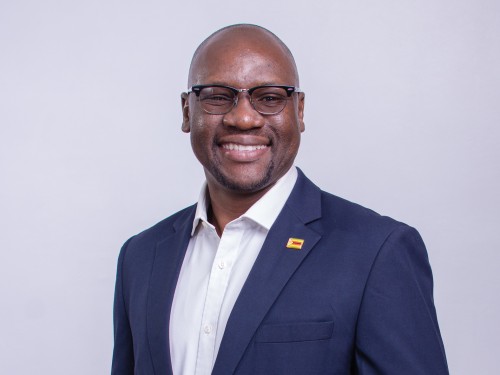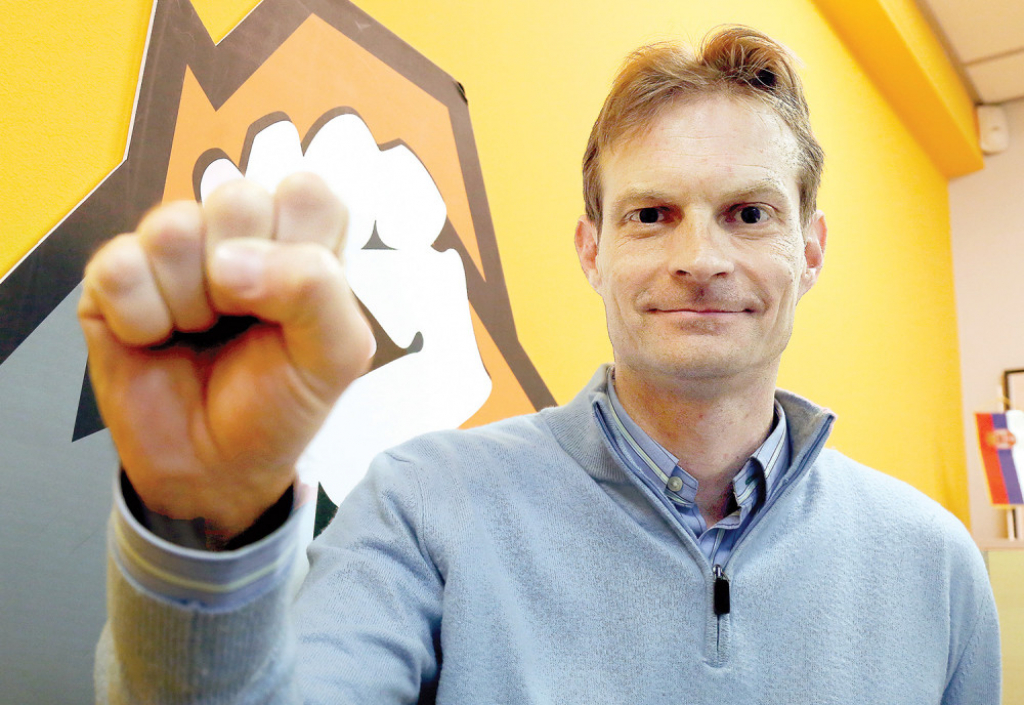Why are events like the one at UVA – Democracy Dialogues – important?
Mawarire: These kinds of events are critical to helping American audiences have key perspectives of democracy at home and abroad. As democracy defenders from outside America, we bring in perspectives that people who are close to everyday events here may not be seeing.
How does meeting activists from around the world inform your own work?
Mawarire: There is always a great cross-pollination of ideas when we meet as activists from different backgrounds and experiences. We get a chance to compare notes and to paint a fuller picture of the tactics and strategies that work and those that are either outdated or needing improvement. As you know, this work is very demanding physically, emotionally and spiritually. One of the things I look forward to when I meet other activists is the encouragement we often give each other. We know how easy it is to burnout or feel defeated when autocrats have hit us hard.
You had to pay a stiff price by serving time in a Zimbabwean prison. Were you still able to play a leadership role in your movement, even behind bars, and if so, how did that work?
Mawarire: Because leadership is a function of the cause that one serves, it should not be affected by the physical limitations. i found that I was able to continue with the movement's objectives. Although I was in captivity, I had the opportunity to speak and inspire other inmates and even jail guards and police officers to onboard the movement. We also had a great layer of strategic leadership who were able to carry the work on whilst i was away. We communicated as best as we could but we really relied on the groundwork and mentorship we had laid prior to times of arrest.
What can students and faculty here at UVA do to support democratic movements around the world?
Mawarire: Anyone who has ever mobilized people knows that as long as there are people available to represent a cause no matter their limitations or even the distance they may have on the matters, the cause has a chance. Students and faculty can help amplify a matter by writing to their representative, writing OpEds in any publication that will listen, using their social media platforms (that's how i started the movement), starting seasonal campaigns in their community on the matter, joining protests/awareness campaigns or starting their own.
They can also demand spaces and activities that bring activists onto the campus to speak and educate, they can sign up to help as interns on activist's programs and activities and they can even suggest providing research for something they believe is important for that cause. See a need and fill it even without being asked because no activist worth their salt will ever turn down an ally.






